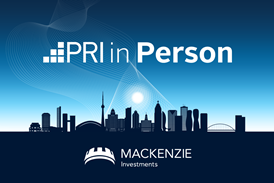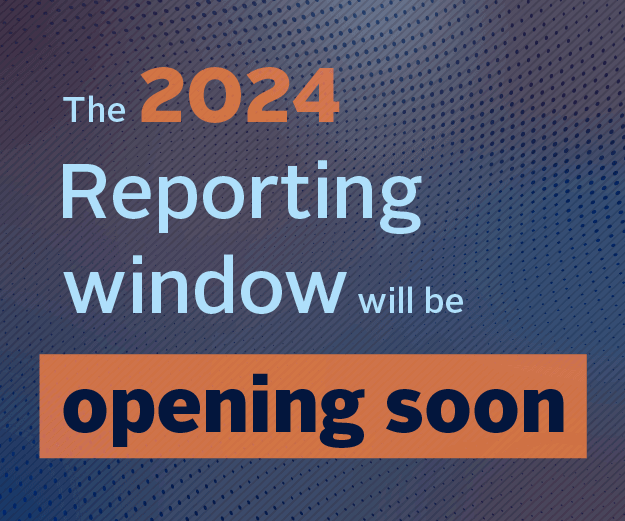The PRI is recruiting for two new working groups looking at the SDGs: asset allocation and active ownership.
The first one looks at the relevance of the SGDs to asset allocation and the second one is focused on the inclusion of the SDGs in active ownership activities in listed equity and corporate fixed income.
Interested signatories are invited to get in contact by 11 September.
Background
In September 2015, the global community committed to adopt a set of goals - the SDGs - to end poverty, protect the planet and ensure prosperity for all as part of a new sustainable development agenda. Each goal has specific targets to be achieved over the next 15 years.
The UN Commission on Trade and Development (UNCTAD) has estimated that meeting these targets will require US$5-7trn in investment each year from 2015-2030. But the UN and member countries cannot deliver on the SDGs alone; only an estimated US$1trn annually will come from public funds, leaving a gap of US$6trn annually for private capital to fill.
In response to this new global challenge, the PRI has made the SDG agenda an intrinsic part of the next 10-year Blueprint for Responsible Investment . To help align signatory investment decisions and the PRI’s work with the SDGs, an Advisory Committee has also been formed (see members and terms of reference here ).
The PRI is currently finalising a publication with PwC to present the SDG Investment Case for investors which will be officially presented at the PRI in Person annual event in September 2017. The document will clarify whythe Sustainable Development Goals (SDGs) are relevant to (responsible) investors. Once the importance of the SDGs for investment strategies and decisions has been presented, the next activities will focus on how to incorporate the SDGs in investment practices.
Working group 1: Asset allocation
Once investors have agreed on the relevance of the SDGs for their investment strategy, the next question is how to incorporate the SDGs into their investment decisions. For asset owners, that issue starts with the question of if and how the SDGs (and maybe ESG issues in general) are relevant to asset allocation.
The PRI has published numerous guidance documents on investment strategy, policy and the incorporation of ESG factors across diverse asset classes, but before now we haven’t paid much attention to the process of asset allocation. We are also aware of the fact that hitherto there has been limited experience as regards incorporating ESG factors in asset allocation. The main question that this working group will deal with is if and how the SDGs can, and maybe should, affect decisions on asset allocation.
The working group will present its findings to both the SDG advisory committee and the asset owner advisory committee. Decisions will be made in accordance with procedures reflected in the terms of reference.
Working group 2: Active ownership
More traditional approaches to active ownership (engagement and proxy voting) have focused primarily on companies’ procedures and processes to adequately manage ESG risks. Adopting the SDGs as a relevant framework for responsible investment raises the question of whether and how active ownership practices will evolve. As the SDGs are not just about preventing and mitigating ESG risks, but also creating positive outcomes for society, active ownership activities could expand their focus on new business opportunities in response to sustainability challenges. This would also inevitably entail the use of different tools and measures of success.
The working group on “SDGs and active ownership” will look at this potential evolution from a listed equity and corporate fixed income perspective.
The final output of the group will be a publication tackling the following questions:
- Is SDG investor engagement different from ESG investor engagement?
- How can SDGs be incorporated in active ownership practices?
- What tools are currently available for investors?
- How could success be measured?
How to get involved
Each working group will comprise approximately 15-20 members and will be supported by two PRI staff members. Typical commitments include participation in regular group calls, contributions with case studies and sharing of comments and feedback to drafts.
Asset owners, investment managers and service providers interested in being involved, are invited to contact Jake Goodman ([email protected]) by 11 September. The email should include:
- a brief biography;
- a paragraph summarising the potential contribution to the group and the motivation to be a member;
- approval of the working group’s terms of reference: click here for asset allocation and here for active ownership.













